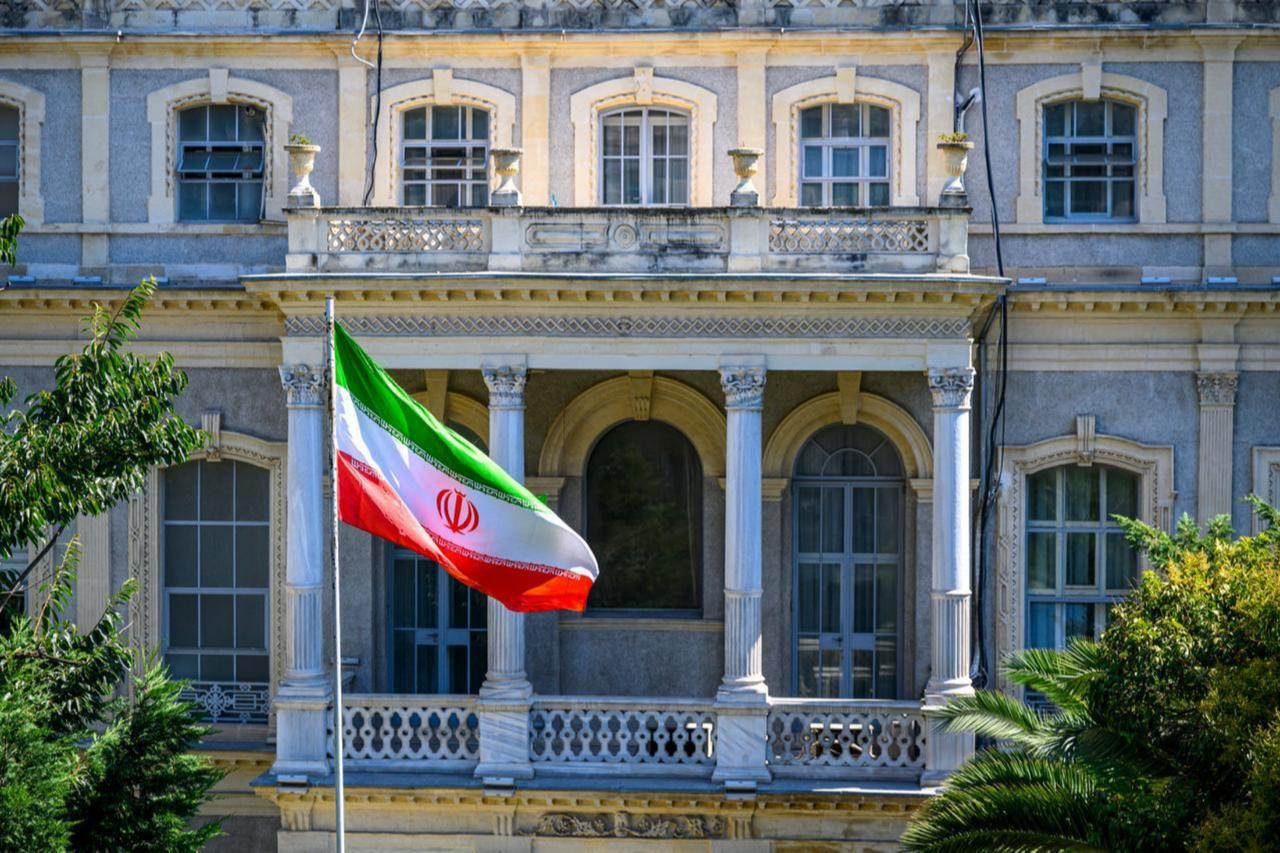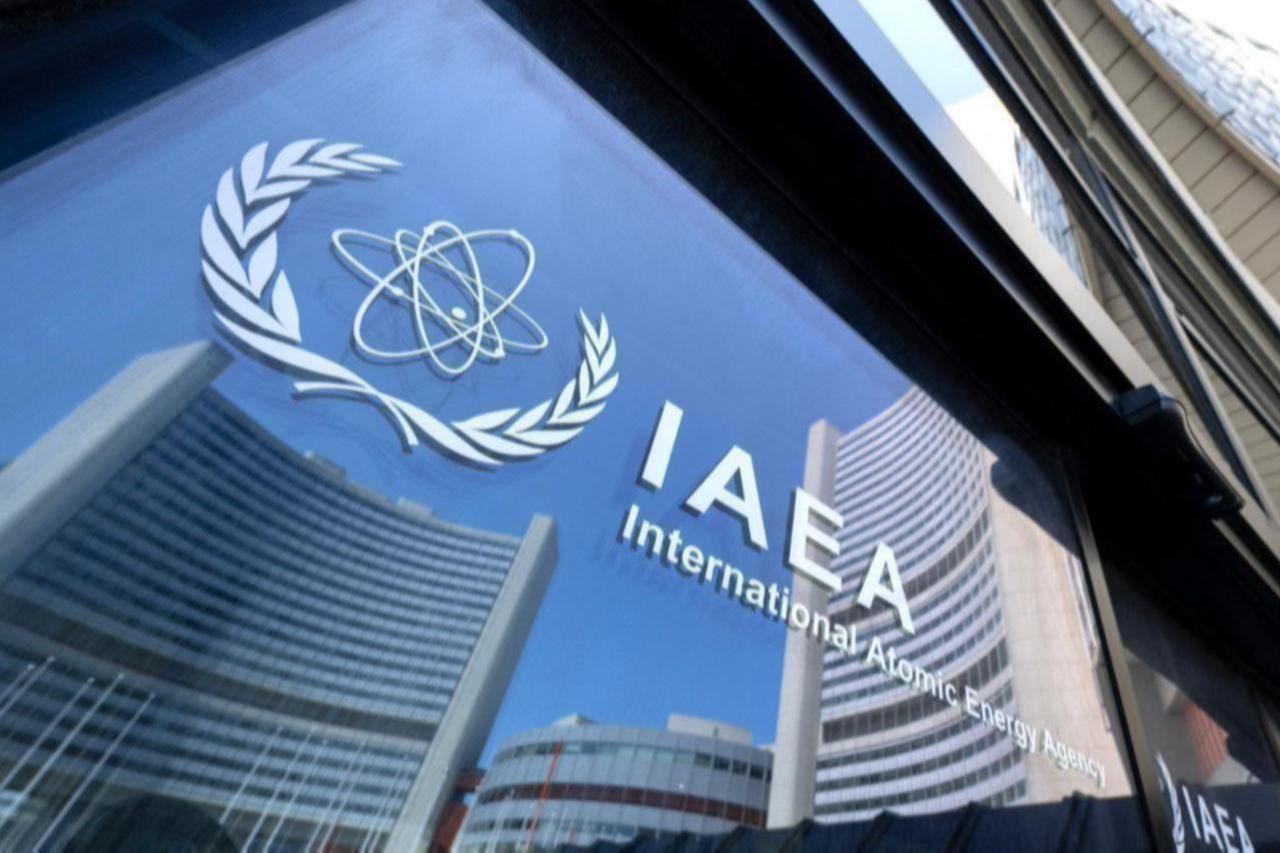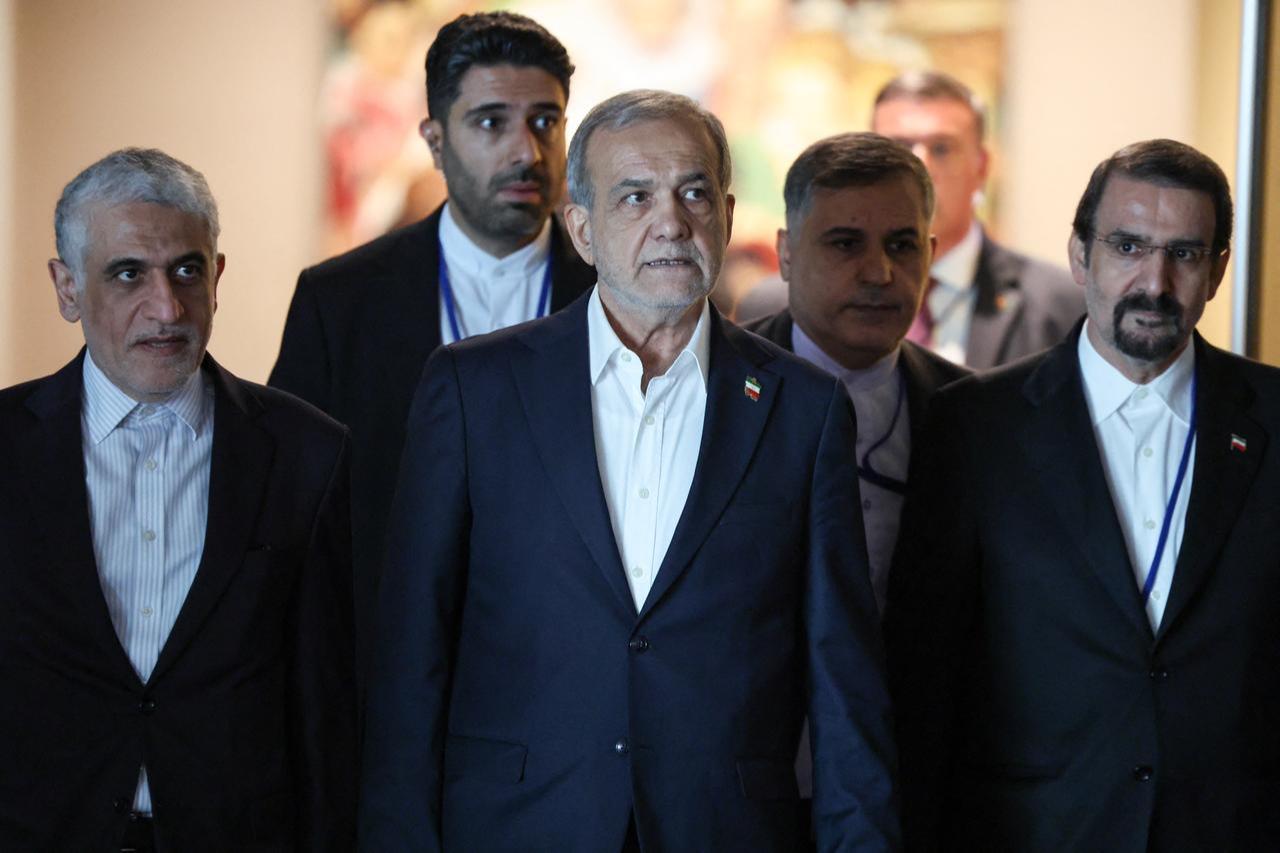
The United Nations has reimposed wide-ranging sanctions on Iran after European powers invoked the "snapback" mechanism under Security Council Resolution 2231, citing Tehran’s failure to comply with nuclear obligations.
The move, initiated by the United Kingdom, France, and Germany—collectively known as the E3—restores sanctions that had been lifted in 2015 under the Joint Comprehensive Plan of Action (JCPOA), widely referred to as the Iran nuclear deal.
The sanctions took effect at midnight on Sunday in Tehran, ending months of faltering diplomatic efforts.
The sanctions cover multiple areas, including a ban on conventional arms sales to and from Iran, restrictions on uranium enrichment and ballistic missile development and financial and travel bans on hundreds of individuals and entities.
They also allow U.N. member states to inspect Iranian shipments and seize prohibited cargo.
These measures had originally been lifted in 2015 after Iran agreed to limit its nuclear activities in exchange for relief.
However, following the U.S. withdrawal from the deal in 2018 under President Donald Trump, Tehran gradually scaled up its uranium enrichment, at times reaching levels of up to 60%, far beyond the 3.67% cap agreed in the accord.

U.S. Secretary of State Marco Rubio urged Iran to "accept direct talks in good faith" and called on U.N. member states to "immediately implement sanctions" to pressure Tehran’s leadership.
European foreign ministers said they remain committed to finding a diplomatic path forward, stressing that Iran must never acquire a nuclear weapon.
Israel welcomed the return of sanctions, describing them as a direct response to Iran’s nuclear activities. Russia and China, however, opposed the decision, arguing that the measures are invalid and represent an abuse of the U.N. process.
Iran strongly condemned the decision, calling the reinstated sanctions "baseless" and "provocative."
The Iranian Foreign Ministry said it would defend the country’s national rights and respond decisively to any actions that harm its people.
President Masoud Pezeshkian and senior officials insisted that Iran is not seeking nuclear weapons, while lawmakers signaled the possibility of withdrawing from the Nuclear Non-Proliferation Treaty (NPT).
Iranian Foreign Minister Abbas Araghchi argued in a letter to U.N. Secretary-General Antonio Guterres that the E3 had lost the right to trigger the snapback mechanism after failing to honor their commitments under the JCPOA.

The return of sanctions immediately affected Iran’s fragile economy. The Iranian rial plunged to record lows on the black market, trading at around 1.12 million to the U.S. dollar according to currency-tracking websites.
Local media reported sharp increases in exchange rates and consumer prices.
Iranian citizens expressed concern that living standards, already strained by years of sanctions and inflation, will deteriorate further.
"The situation was already very difficult, but it’s going to get worse," said one engineer interviewed by state media, pointing to the immediate rise in costs.